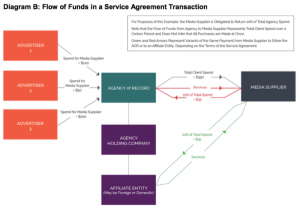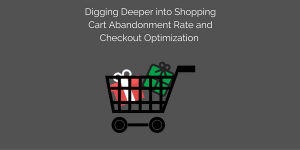
Everyone has a situational persona, and most of us have many. Sometimes we’re oblivious to our own and acutely aware of other people’s, like the friend who becomes a foodie whenever you’re treating. But our many selves aren’t limited to “real” life anymore. Twitter helps you craft a new & improved you 140 characters at a time and Instagram lets you filter your way toward a fake photography degree.
Businesses have personas too, but their PR agents pick the filters that help them target yours. Interesting men drink Dos Equis and cool young people buy Apple computers. Most of these lack any truth to start but become real as soon as consumers start identifying with them (or wanting to). These ploys are tried & true and work well for corporations. People expect to be sold by them. Small businesses, on the other hard, are held to a standard of authenticity by their customers. Whereas we walk into a Nike ready to be told we’re all track stars, we want the little running shop in the strip mall to cater to what we really are—slightly winded from the walk up the stairs.
Technology can complicate this authenticity. Websites and apps are a constant projection of a business’ persona. They’re exceptional marketing tools and functionally irreplaceable, but they also hold a lot of power over your image. Smart businesses are strategic in their approach to design, features, and branding. Smarter businesses are strategic with their usage. One of the most valuable things you can do with a marketing tool is make it functional, and I’m not talking beer koozies with your business name on them (although I love a good beer koozie).
Websites and apps should offer more than a price and a pitch. For small businesses, the simplest way to maintain authenticity is to treat your digital brand like you do your storefront. Here’s how you can start.
Offer Support
Easy contact is first and foremost. If you can’t find a way to reach a human when you’re visiting a website or using an app, you’re probably not sticking around. Remember these are tools, not employees, and until we have all have robot assistants, it’s important to maintain that sense of human connection in all that you do.
Tell Your Story
About Us pages are essential. They literally put a face on a name. Beyond that, people remember people better than they do brands. They’re more likely to come back if there’s a story or detail that resonated with them. The same goes for customer testimonials, which tend to sway people more than a message from the company.
Connect Customers
Apps are a great way to bring people to you, but they’re an even better way to bring them to each other. Creating a community is a positive way to reinforce a fan base and add an emotional impact. The more relationships you can create in and around your business, the more loyal your customers will become.
Your digital presence will never be just like your brick & mortar, but there’s nothing stopping you from the painting the walls the same color and putting up pictures. Treat it like an extension of who you are already and you won’t sacrifice your character or get lost amid a sea of small businesses. Make it you, and make it useful.
(237)
Report Post







